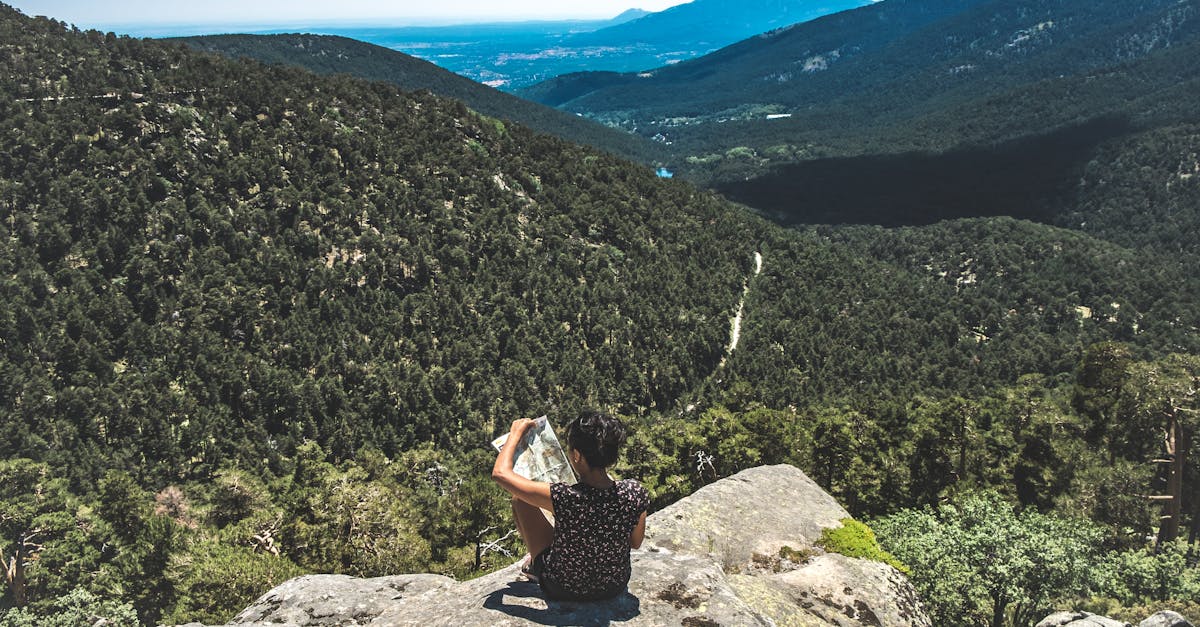Planning and Preparation
Planning an international hiking and camping trip with tweens doesn’t have to break the bank. Start by setting a budget and researching affordable destinations. Look for deals on flights and accommodations, and check out public transportation options. Don’t forget to involve your tweens in the planning. They’ll be more excited if they have a say in the itinerary. Plus, it’s a great opportunity to teach them about budgeting and travel planning.

Choosing the Right Destinations
Choosing the right destination is crucial. Some countries offer stunning natural landscapes suitable for family adventures without costing a fortune. Consider national parks in countries like Portugal, Croatia, or Thailand, which have both affordable living expenses and beautiful trails. Always check the weather and tourist seasons to avoid crowds and high prices. Selecting a destination with a blend of hiking trails and camping sites will keep the adventure exciting and varied.

Remember: Planning ahead and researching the destination can enhance your travel experience and make it more enjoyable for everyone involved.
Packing Essentials
Packing can make or break your trip, so knowing what to bring is key. Pack light but ensure you have all the essentials. Invest in good quality hiking shoes for everyone and breathable, comfortable clothing. Don’t forget a first aid kit, reusable water bottles, and portable chargers. Cooking equipment like a compact stove and reusable utensils can save you money on meals. Always check the specific requirements of your destination to make sure you’re well-prepared.

Keeping Tweens Engaged
Keeping tweens engaged on a hiking and camping trip can sometimes be challenging. Incorporate fun activities like:
- Geocaching
- Nature photography
- Journaling
Teach them basic survival skills such as:
- Making fire
- Setting up a tent
- Identifying plants and animals
Share stories and play games during rest times. These activities not only keep them entertained but also deepen their connection with nature and build valuable life skills.

Safety Tips and Emotional Challenges
Safety is a top priority. Make sure each tween understands basic safety rules, like staying on marked trails and not wandering off alone. Carry a map and know your route well.
Emotional challenges are part of the adventure too; tweens might feel homesick or tired. Be patient, offer encouragement, and remind them of the fun aspects of the trip. A balanced approach to safety and emotional support ensures a memorable and enjoyable experience.

